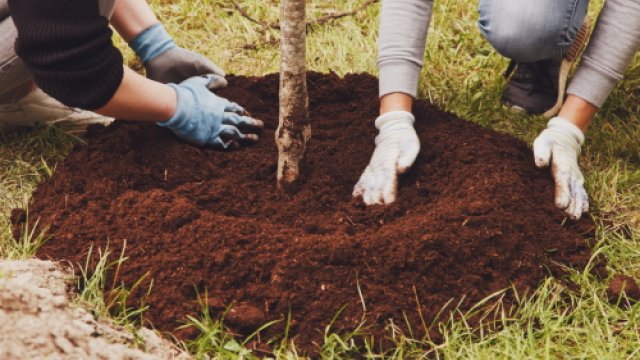Climate Change and Human Health
How Climate Change Affects Human Health
Climate change poses many threats to the health and well-being of Americans. This includes increasing the risk of extreme heat events and heavy storms, increasing the risk of asthma attacks and changing the spread of certain diseases carried by ticks and mosquitoes. Some of these health impacts are already happening in the United States. Climate change can exacerbate existing health threats or create new public health challenges through a variety of pathways.
This web area includes information about who is most at risk and what people and the EPA are doing to address climate and health impacts.
-
Who’s Most at Risk?

Certain groups are at more risk than others due to both climate and non-climate factors.
-
What Can We Do?

There are many things we can do to protect people’s health from the impacts of climate change.
-
How is EPA helping?

EPA is supporting communities by helping them deliver critical resources even as the climate changes.
